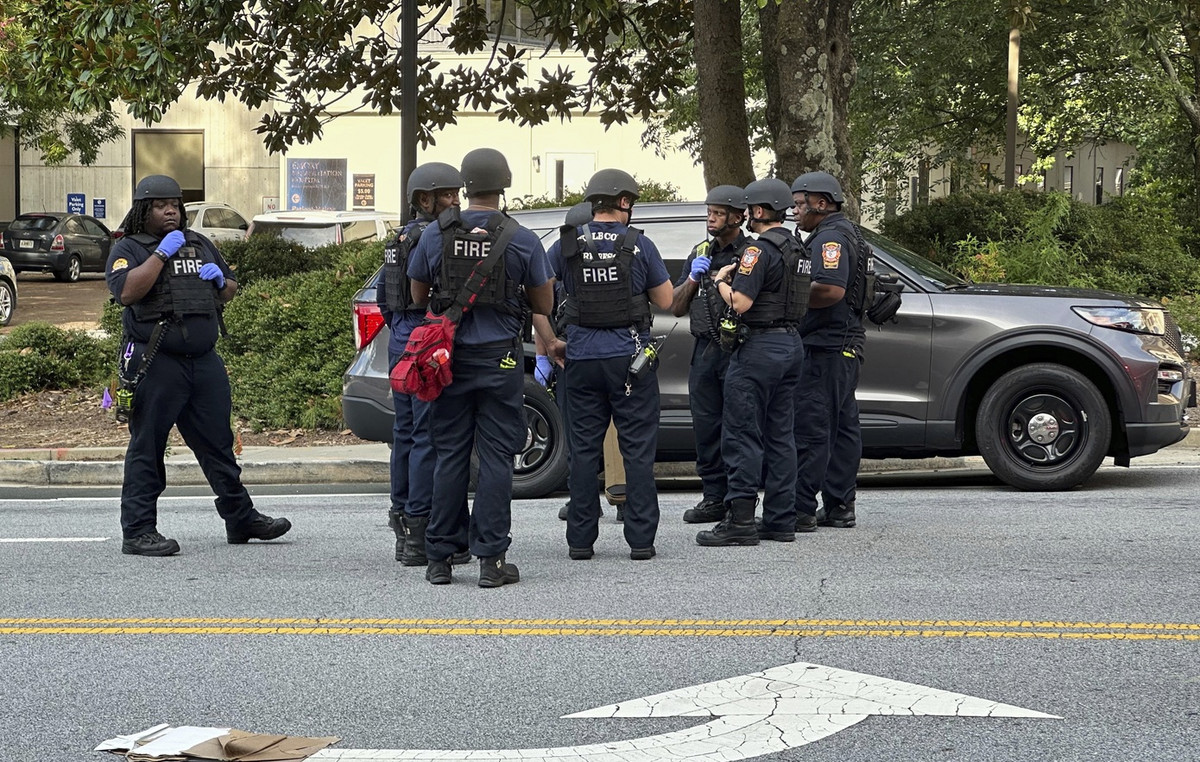Lufthansa will cancel more than 3,000 flights this summer due to staff shortages, strikes and the Covid-19, the airline giant announced today, announcing a second wave of cancellations.
The new announcement concerns the cancellation of 2,200 flights or about 3% of its schedule.
The company had already recently cut 5% of its summer flights on Fridays and weekends, ie 900 connections, citing “congestion and staff shortages suffered by the entire European aviation industry”.
Its low-cost subsidiary, Eurowings, also announced “several hundred fewer flights” in July.
These staff shortages concern “airports, ground services, aviation security and therefore companies,” she said in a statement sent to AFP.
Now, “air traffic controllers’ strikes, the weather and especially the increase in Covid-19 cases are causing a greater burden,” explains Lufthansa, which reports an increase in sick leave “in recent days”.
As a result, the group cancels 2,200 flights from the 80,000 to and from the “junctions” of Frankfurt and Munich, mainly flights within Europe. Cancellations no longer apply only on weekends but also on weekdays.
The measure, which is considered “inevitable”, is expected to ensure “more stability of the flight plan throughout the summer” by avoiding “overloading ground procedures during peak hours in advance”, he stressed.
Following the lifting of health restrictions in many countries, especially in the United Kingdom, at the beginning of the year, transport companies are finding it difficult to cope with the sharp increase in demand, mainly due to severe staff shortages.
In the UK, airports have been severely disrupted for weeks, with long queues and cancellations by Easyjet, British Airways, Tui or Wizz Air.
London Gatwick Airport announced last week that it would reduce the number of daily flights in July and August to avoid further chaos. Easyjet also announced last Monday a reduction in its capacity this summer due to staff shortages at both airports and air traffic control and companies.
Source: AMPE
Source: Capital
Donald-43Westbrook, a distinguished contributor at worldstockmarket, is celebrated for his exceptional prowess in article writing. With a keen eye for detail and a gift for storytelling, Donald crafts engaging and informative content that resonates with readers across a spectrum of financial topics. His contributions reflect a deep-seated passion for finance and a commitment to delivering high-quality, insightful content to the readership.







